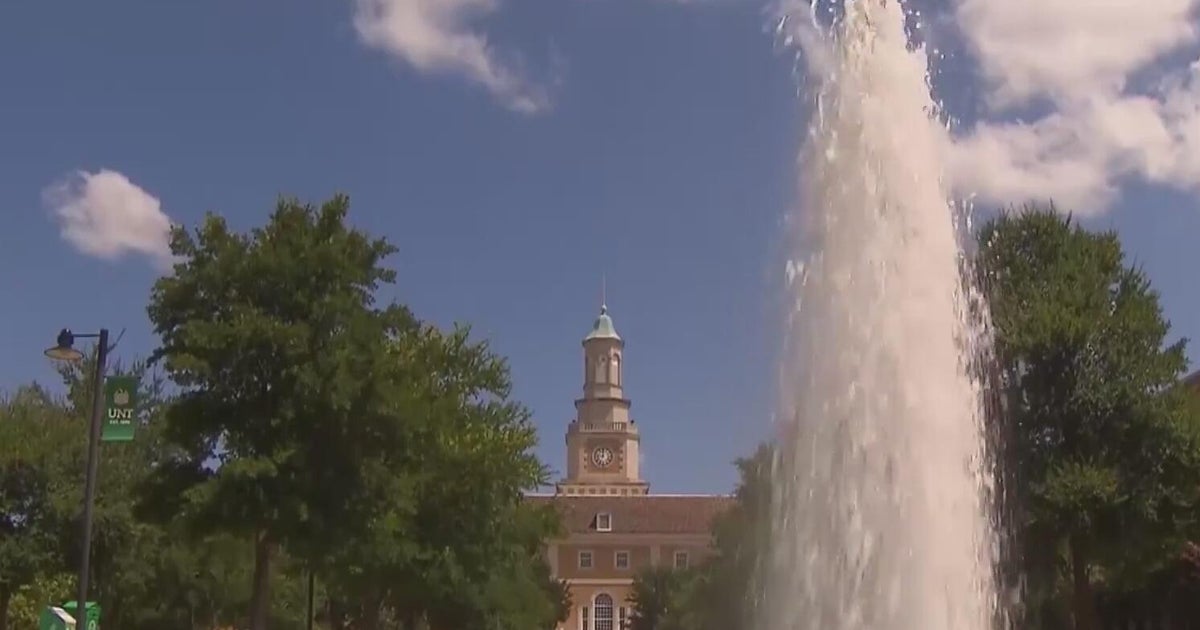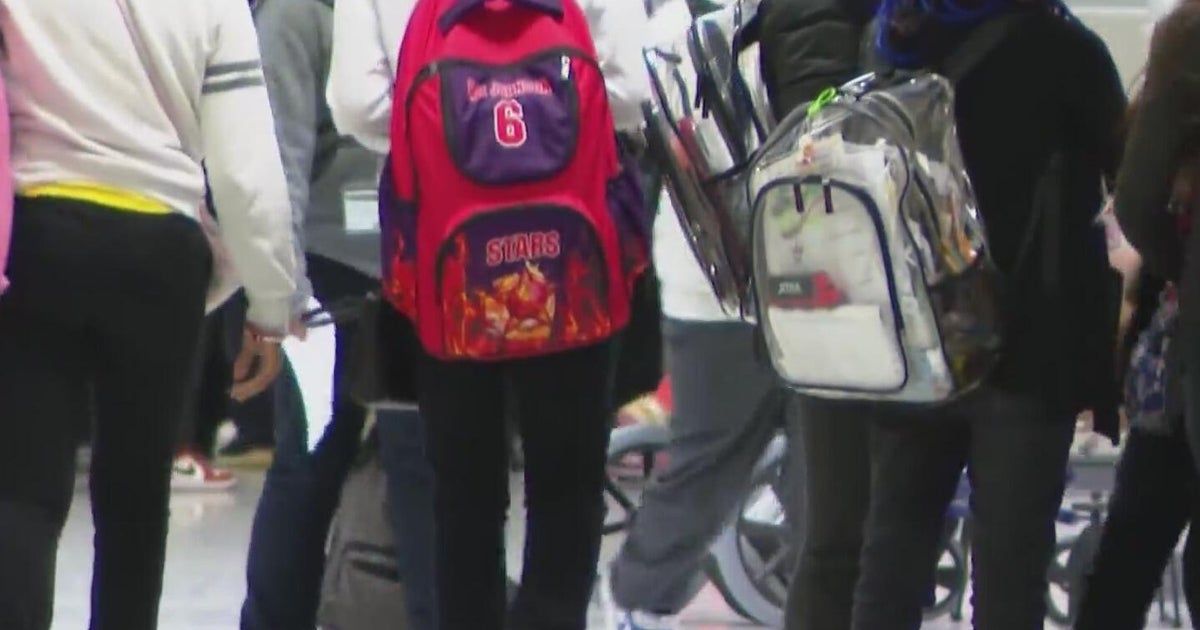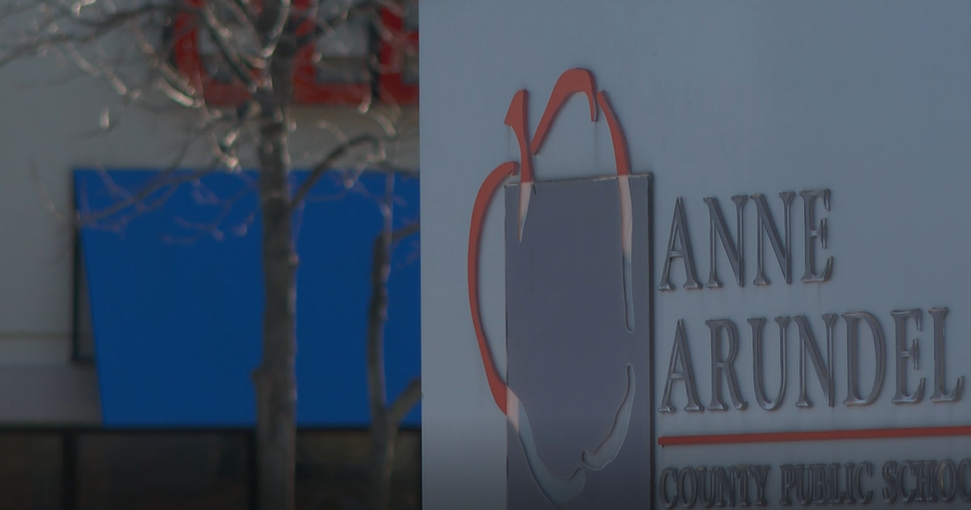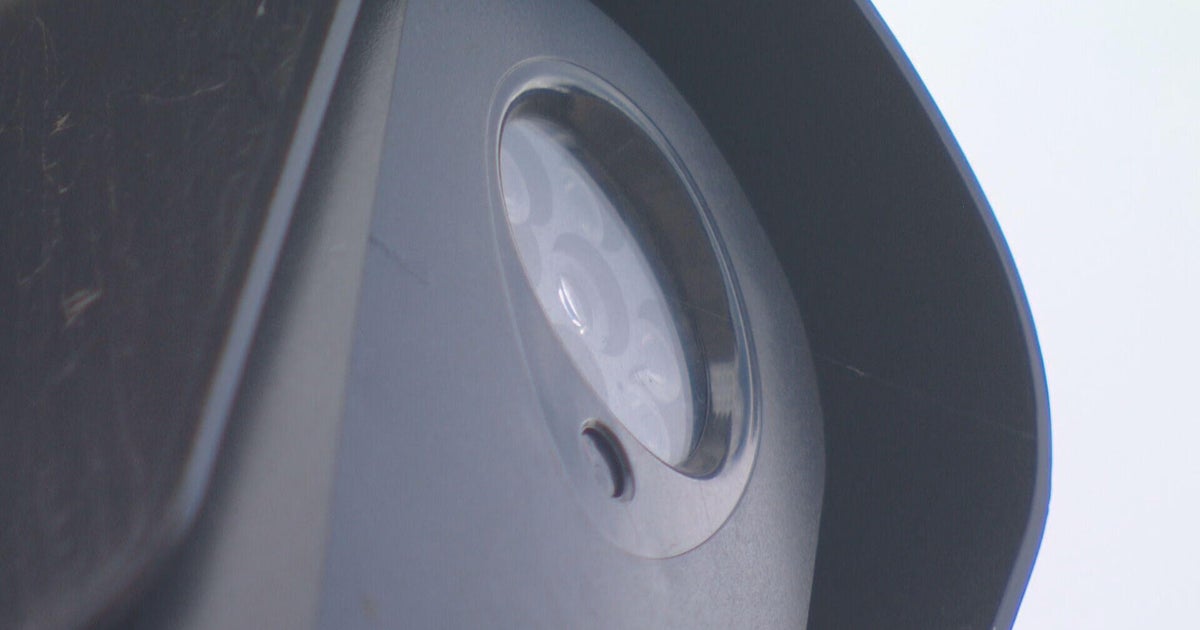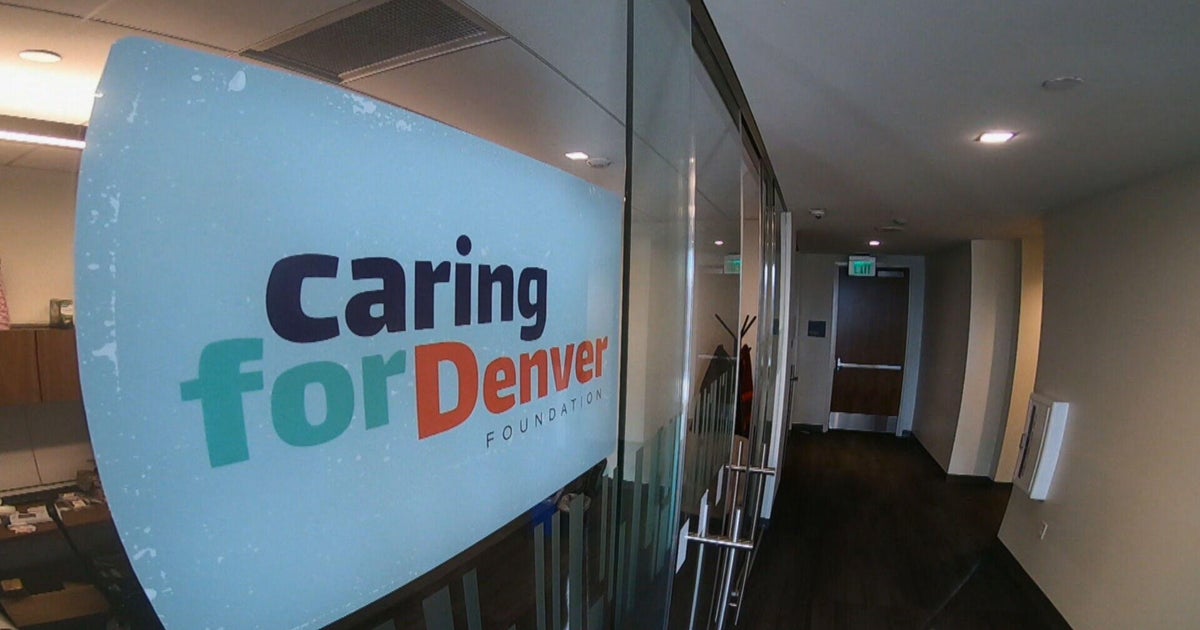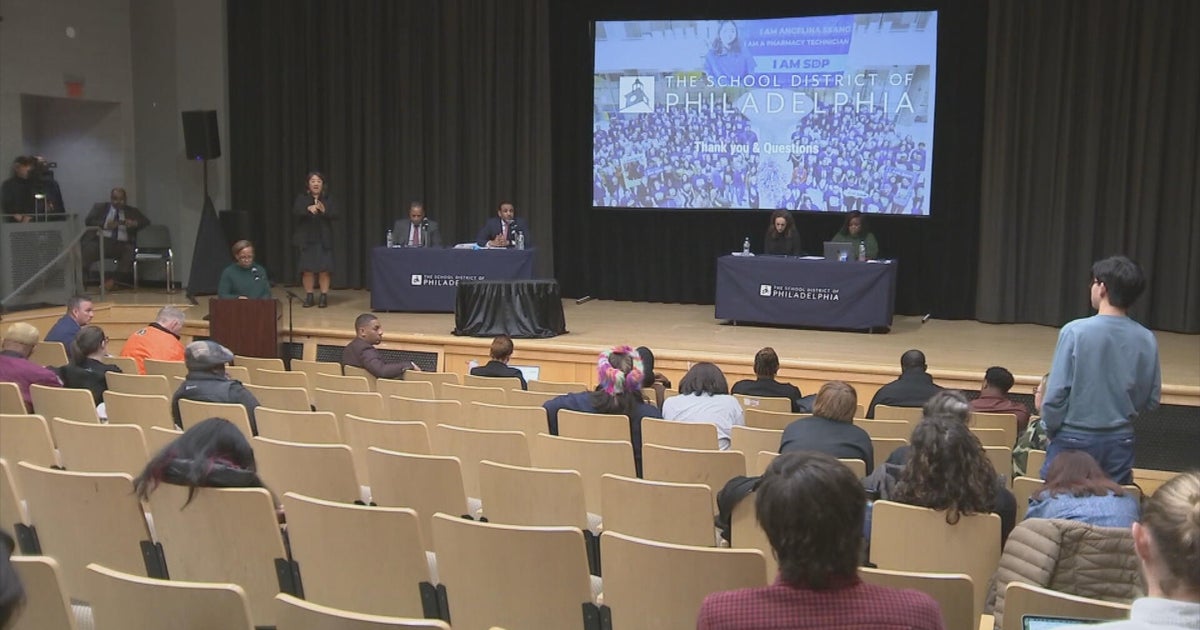Texas Economy Better, But State Budget Still Short
AUSTIN (AP) – The Texas economy is coming back, but the state budget is still in trouble, top budget experts told lawmakers Tuesday.
John O'Brien, director of the Legislative Budget Board, said the Legislature did not appropriate enough money to cover state expenses for Medicaid and other programs when it passed the 2012-2013 budget last year. The state is short more than $4.1 billion, most of it in Medicaid.
"We told you that the Medicaid shortfall would be about $4.3 billion, our newest estimate is $3.9 billion," O'Brien said. The state also needs $183 million to cover the cost of last year's wildfires and $60 million for child care costs.
On the positive side, O'Brien said the state raised $1.6 billion more than expected in revenues because of the improving economy.
When the Legislature meets again in 2013 lawmakers will need to pass a supplemental budget bill to cover the deficit. In addition to the $1.6 billion in surplus, legislators could choose to tap the state's Rainy Day Fund, which currently has $6.1 billion and will have $7.3 billion by October, said John Heleman, the Texas comptroller's chief revenue estimator.
Democrats on the committee have called for a special session to restore some of the $4 billion cut from public schools last year, and the results reported Tuesday led some to ask for the opportunity to meet immediately not only spend the Rainy Day Fund on the $4.1 billion shortfall in the current budget, but to also take another $4 billion out for public schools.
Republicans, however, have shown little interest in a special session, which Gov. Rick Perry would have to call. During the last session, Perry opposed spending the Rainy Day Fund on public schools and signed a budget that cut per student state spending for the first time since World War II.
Heleman also told the House Appropriations Committee that the Texas economy has recovered faster than the rest of the nation, already replacing more than 440,000 jobs the state lost during the Great Recession. But thousands of people move to Texas every day from other states and many have not found jobs, keeping the unemployment rate at a relatively high 7.8 percent last month, he added.
"In the years of the recession, we added people to our labor force that are currently not yet finding jobs, so regaining all of those jobs is a very positive thing, but we still have some ways to go," Heleman said.
Tax revenues are also moving up, including from retail sales.
"The Texas consumer is back, they are buying, the numbers are probably in the 5 percent to 6 percent range in terms of growth, but we are growing and no longer shrinking," Heleman said.
(Copyright 2012 by The Associated Press. All Rights Reserved.)
